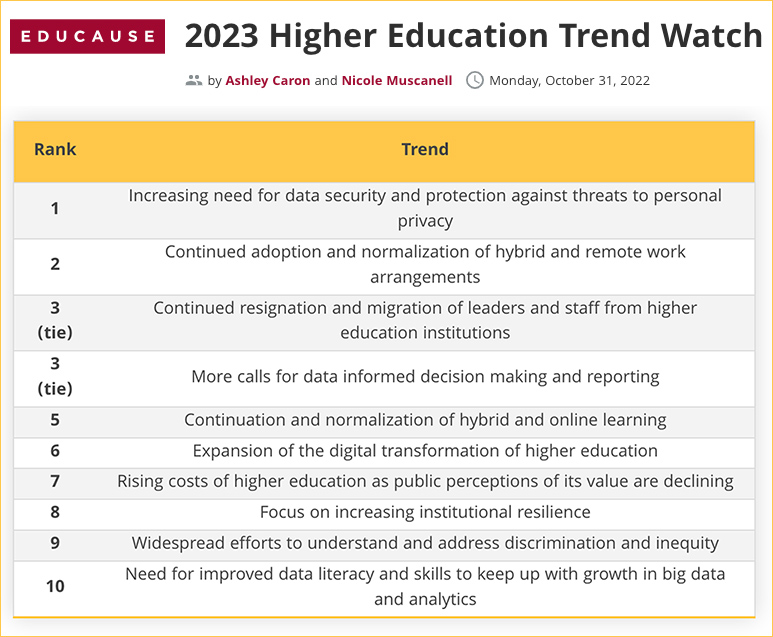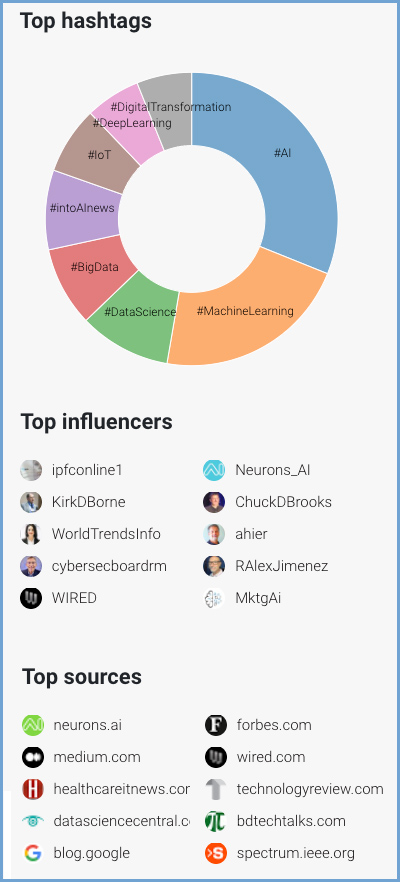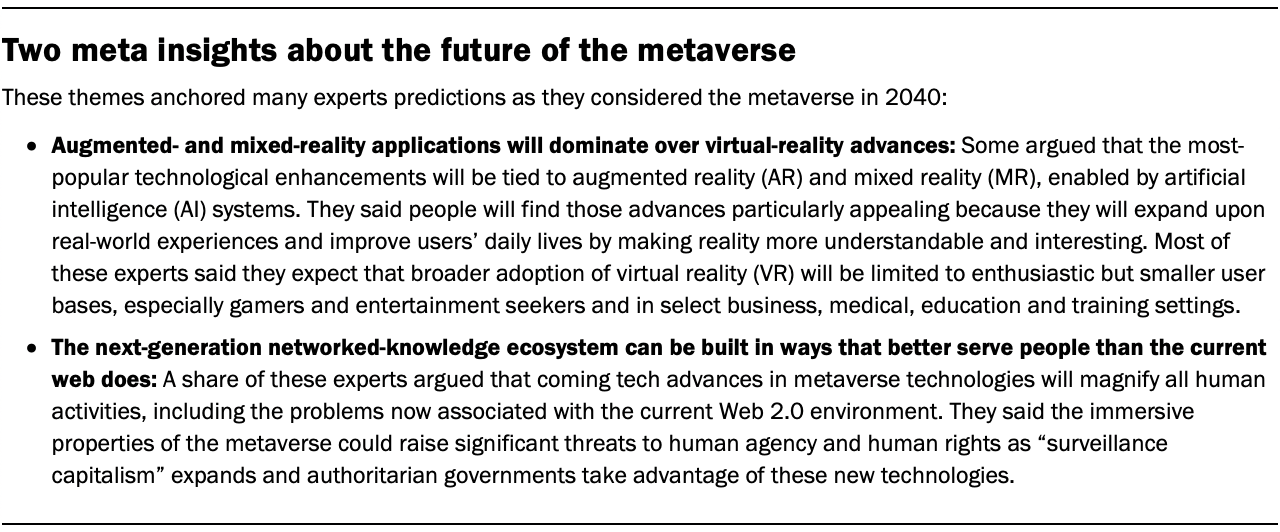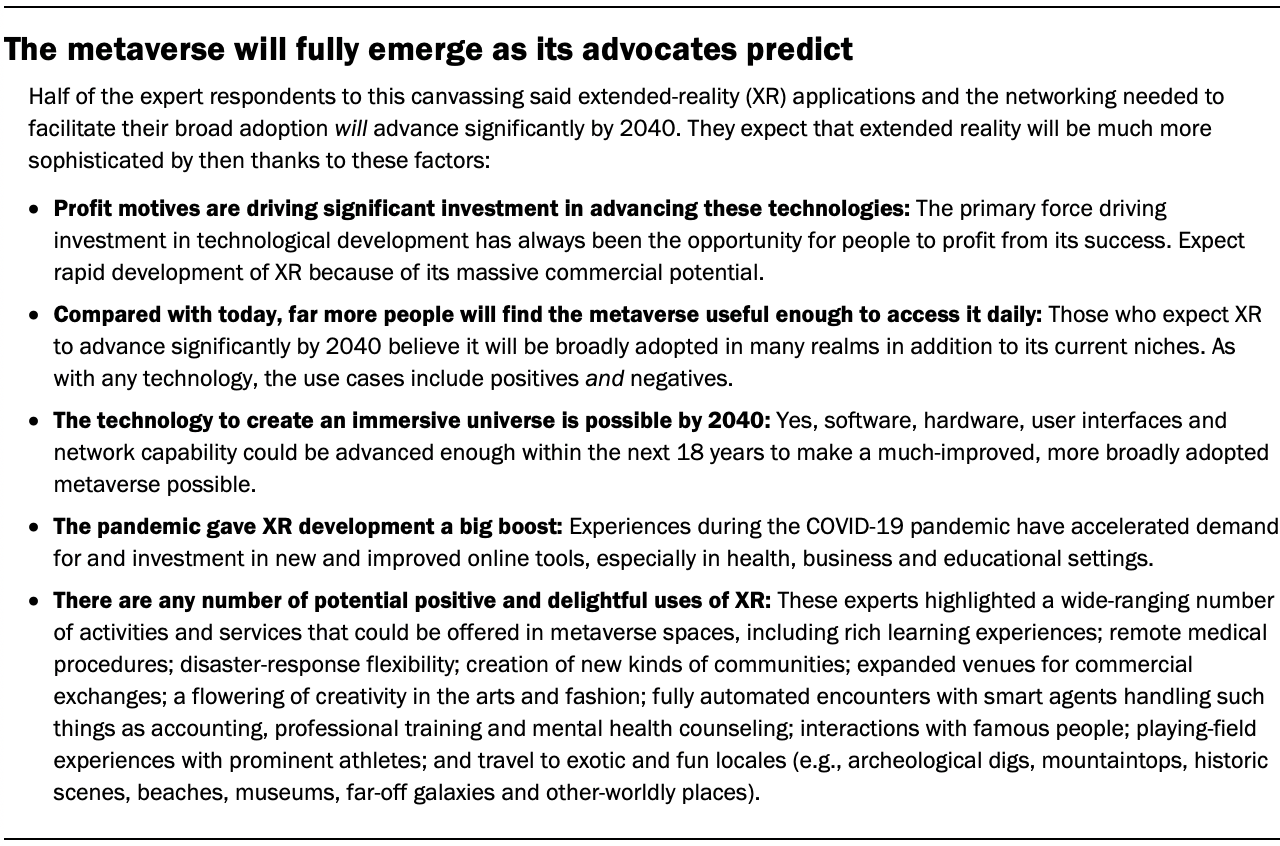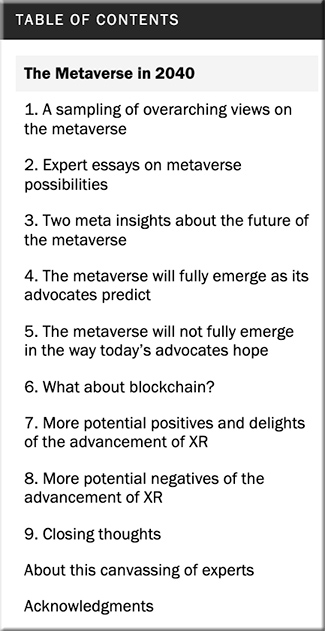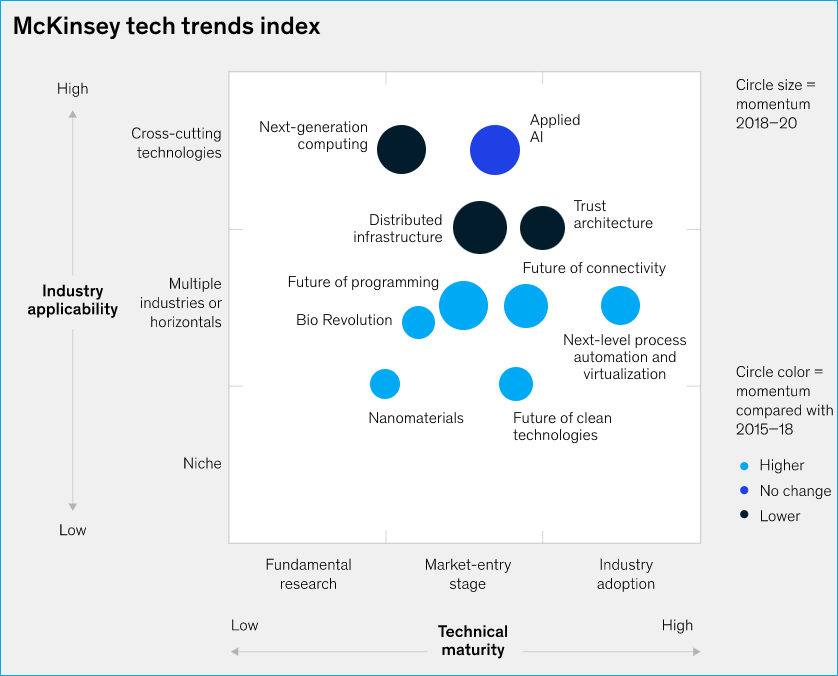Nvidia Earnings: Stock Rallies As AI Giant Reports 600% Profit Explosion, 10-For-1 Stock Split — from forbes.com by Derek Saul
- Nvidia reported $6.12 earnings per share and $26 billion of sales for the three-month period ending April 30, shattering mean analyst forecasts of $5.60 and $24.59 billion, according to FactSet.
- Nvidia’s profits and revenues skyrocketed by 628% and 268% compared to 2023’s comparable period, respectively.
- This was Nvidia’s most profitable and highest sales quarter ever, topping the quarter ending this January’s record $12.3 billion net income and $22.1 billion revenue.
- Driving the numerous superlatives for Nvidia’s financial growth over the last year is unsurprisingly its AI-intensive datacenter division, which raked in $22.6 billion of revenue last quarter, a 427% year-over-year increase and a whopping 20 times higher than the $1.1 billion the segment brought in in 2020.
Per ChatPGT today:
NVIDIA is a prominent technology company known for its contributions to various fields, primarily focusing on graphics processing units (GPUs) and artificial intelligence (AI). Here’s an overview of NVIDIA’s main areas of activity:
1. **Graphics Processing Units (GPUs):**
– **Consumer GPUs:** NVIDIA is famous for its GeForce series of GPUs, which are widely used in gaming and personal computing for their high performance and visual capabilities.
– **Professional GPUs:** NVIDIA’s Quadro series is designed for professional applications like 3D modeling, CAD (Computer-Aided Design), and video editing.
2. **Artificial Intelligence (AI) and Machine Learning:**
– NVIDIA GPUs are extensively used in AI research and development. They provide the computational power needed for training deep learning models.
– The company offers specialized hardware for AI, such as the NVIDIA Tesla and A100 GPUs, which are used in data centers and supercomputing environments.
3. **Data Centers:**
– NVIDIA develops high-performance computing solutions for data centers, including GPU-accelerated servers and AI platforms. These products are essential for tasks like big data analytics, scientific simulations, and AI workloads.
4. **Autonomous Vehicles:**
– Through its DRIVE platform, NVIDIA provides hardware and software solutions for developing autonomous vehicles. This includes AI-based systems for perception, navigation, and decision-making.
5. **Edge Computing:**
– NVIDIA’s Jetson platform caters to edge computing, enabling AI-powered devices and applications to process data locally rather than relying on centralized data centers.
6. **Gaming and Entertainment:**
– Beyond GPUs, NVIDIA offers technologies like G-SYNC (for smoother gaming experiences) and NVIDIA GameWorks (a suite of tools for game developers).
7. **Healthcare:**
– NVIDIA’s Clara platform utilizes AI and GPU computing to advance medical imaging, genomics, and other healthcare applications.
8. **Omniverse:**
– NVIDIA Omniverse is a real-time graphics collaboration platform for 3D production pipelines. It’s designed for industries like animation, simulation, and visualization.
9. **Crypto Mining:**
– NVIDIA GPUs are also popular in the cryptocurrency mining community, although the company has developed specific products like the NVIDIA CMP (Cryptocurrency Mining Processor) to cater to this market without impacting the availability of GPUs for gamers and other users.
Overall, NVIDIA’s influence spans a broad range of industries, driven by its innovations in GPU technology and AI advancements.










